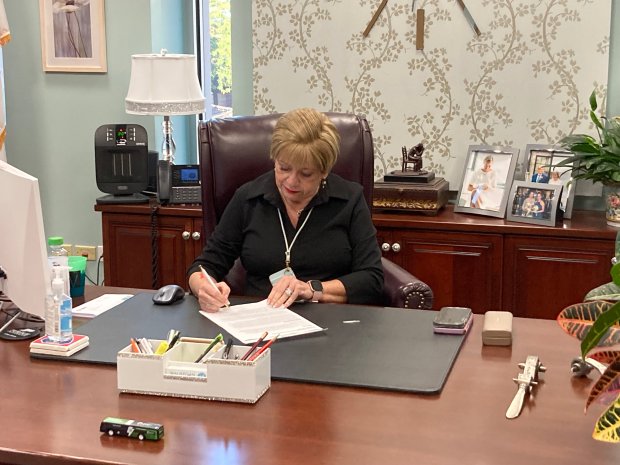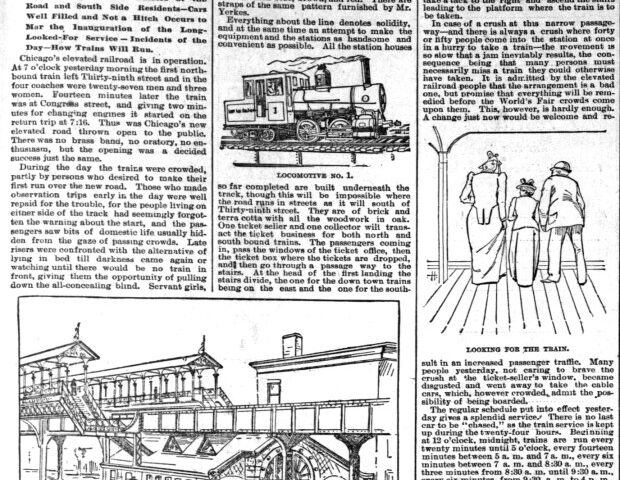Representatives of the Northern Illinois American Muslim Alliance plan to ask the Waukegan City Council Monday to consider a resolution supporting a ceasefire in the Israel-Hamas war, something Mayor Ann Taylor does not see as an appropriate issue for a municipal government.
“This is not something in our wheelhouse,” Taylor said Thursday. “We have enough issues right here, and I have to stay focused on Waukegan.”
Vaseem Iftekhar, the founder and chairman of the alliance, said he believes discussions starting locally can percolate to higher levels of government. He wants to seek a discussion among the council’s members.
“We want to have a public discussion,” Iftekhar said. “We want them to put it on the agenda and have a discussion.”
Iftekhar plans to lead a group from his organization during public comment time at the City Council’s 7 p.m. meeting at City Hall hoping to persuade council members to place it on a future agenda for discussion and a vote.
The current war started shortly after Oct. 7 when Hamas, the organization controlling Gaza — a Palestinian enclave bordering Israel — crossed the border into Israel killing approximately 1,200 Israelis and taking around 240 hostages back to Gaza. Since the war began, more than 34,000 Palestinians have been killed during Israeli attacks.
Bemoaning the violence in Gaza, Iftekhar said a ceasefire is necessary to stop the loss of innocent lives. Just as diplomats conduct negotiations in the Middle East, discussions are necessary locally to hopefully influence the decision-makers, he said.
“They have to stop the killing,” Iftekhar said. “We can’t stand still for this loss of life, especially when so many are children. Our discussions will be heard by state government and the leaders of our country. If we don’t discuss it, they will push it under the rug.”
Though he did not talk about the Israeli hostages, Iftekhar said he does not support Hamas or its actions.
“I am no supporter of Hamas,” he said. “We do not support violence in any way, shape or form.’
Offering no stand on the war in the Middle East, Taylor said taking positions on state, national or international issues is not what municipal government is about. She said it would be inappropriate for her to interfere with other branches of local government.
“I do not feel taking a position on these issues is what we do,” she said. “We don’t go involving ourselves with the schools or township. When I work with our state representatives or Congressman (Brad) Schneider, it’s to get things for Waukegan, like grants.”
Religious leaders like Rabbi Lisa Bellows of Congregation Beth Am in Buffalo Grove also said ceasefire resolutions have no place in municipal government. When those discussions occur, she said they often do more harm than good.
“Hearings that lead to those resolutions are filled with Jew-hatred,” Bellows said. “There is no education about the issues. Comments are focused on anti-Zionism and anti-Jew feelings which were present long before Oct. 7.”
Bellows said she wants to see an end to the war and a release of all the hostages because, “all this killing has to stop.”
Efforts to persuade municipalities to pass ceasefire resolutions in the Chicago area are not new since the war started in September. Chicago narrowly approved one on Jan. 31, with Mayor Brandon Johnson casting a tiebreaking vote
Some Evanston residents pushed city leaders several times to pass a resolution late last year and this year, making several appearances before the City Council asking for one. The council most recently declined to consider the issue in March.
“Council members have expressed a preference to avoid weighing in on issues outside the City’s purview unless doing so unifies the community,” the city said in a statement issued at that time.
Chicago Tribune reporters Alex Hulvachick and Jake Sheridan contributed to this story.





